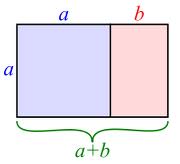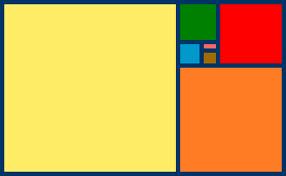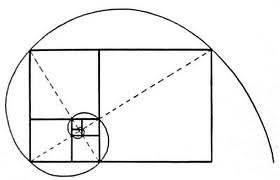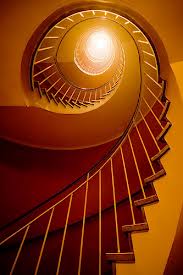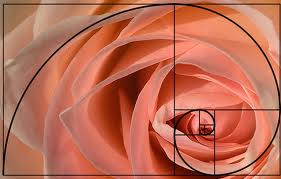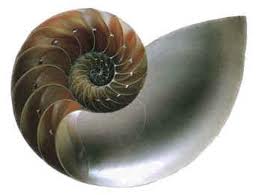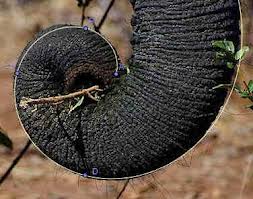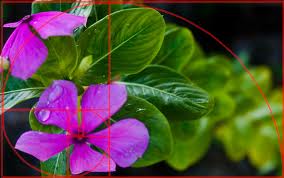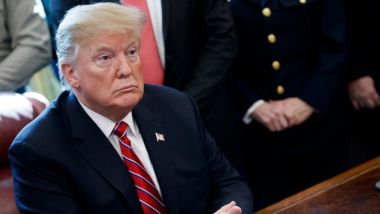We discover things and theories BUT do not make them public!
I can give you one more example!
124. “The Father of Binary Numerals”?
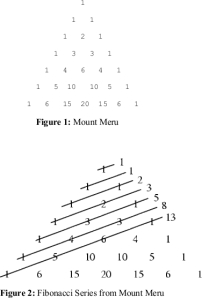
Pingala was an ancient Sanskrit grammarian (450 or 200 B.C). His real identity is not known. Some historians claim that he was the younger brother of Panini (a great Sanskrit grammarian of Fourth century BC) or was Pathanjali, the author of famous Mahabhashya (Second century BC).
Pingala’s famous work is Chandah Sastra , The Art and Science of Prosody. Prosody was an important requirement in all Vedic Rituals, which demanded the purity of utterance. Chandah Sastra consists of eight chapters and the work is dated to the transition period between the Vedic meter and the meter for the Sanskrit epics.
This work presents the first known description of a Binary numeral system. Pingala used the short and long syllables instead of the 0 and 1 used in modern times. The length of a long syllable was twice that of a short syllable.
While describing the Prosody, Pingala developed highly advanced mathematical concepts. Binomial theorem, Binary numerals and Fibonacci numbers can all be derived from his work on prosody.
The discussion of the combinations of Chandahs correspond to the Binomial Theorem. The basis of Prosody has connections with music as well as mathematics. These three are interrelated inseparably.
After all, language is dealing with syllables and words formed out of the combination of syllables. Likewise Mathematics deals with numbers and combination of numbers while music deals with tones and scales!
All these three formed the fundamental parts of Vedic chanting and shared the same foundation found in Chandah Sastra.
The Indian mathematician Virahanka (6th century A.D) showed how the Fibonacci numbers arose in an analysis of the the meters with long and short syllables.
The famous Fibonacci numbers are named after Leonardo of Pisa but they have been described Pingala of ancient India. These numbers appear under the name Matra meru (Mountain of Cadence).
Will the credit of paving way to Binary numeral system, Binomial theorem and Fibonacci numbers be rightfully bestowed on Pingala?
Visalaksi Ramani
Pingala was an ancient Sanskrit grammarian (450 or 200 B.C). His real identity is not known. Some historians claim that he was the younger brother of Panini (a great Sanskrit grammarian of Fourth c…

visalakshiramani.wordpress.com










